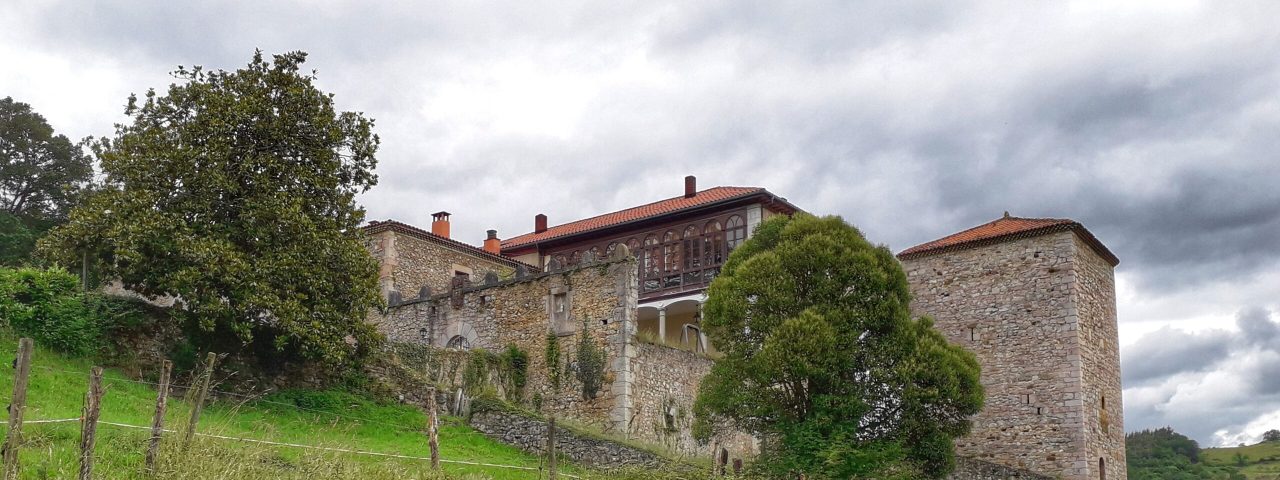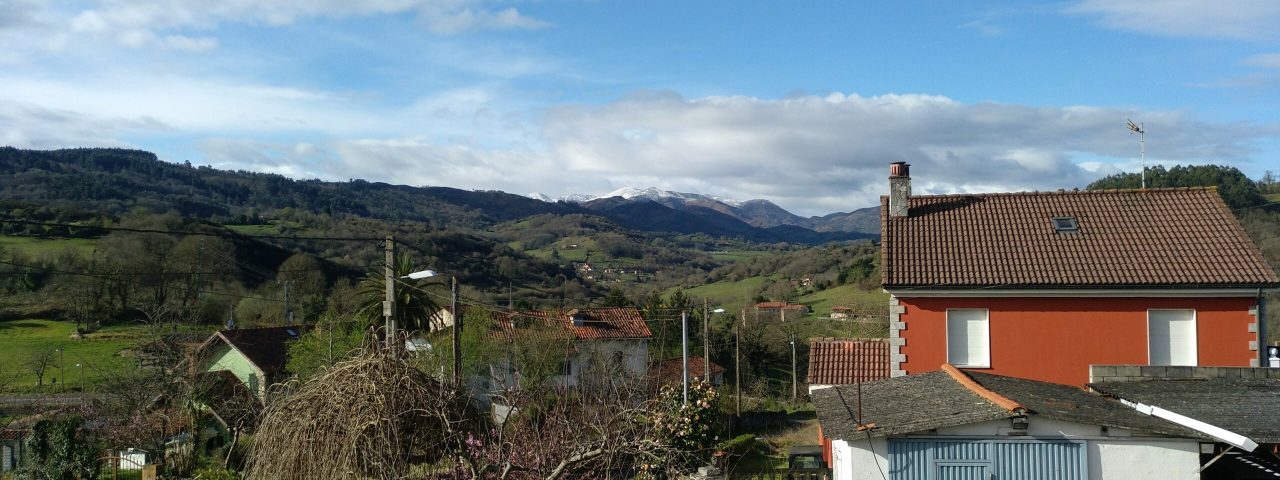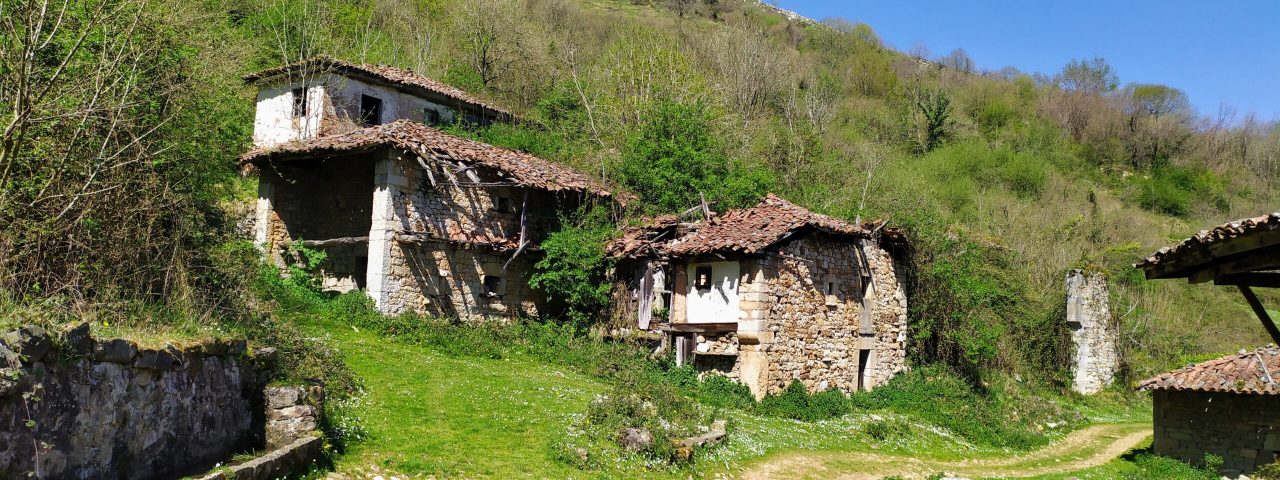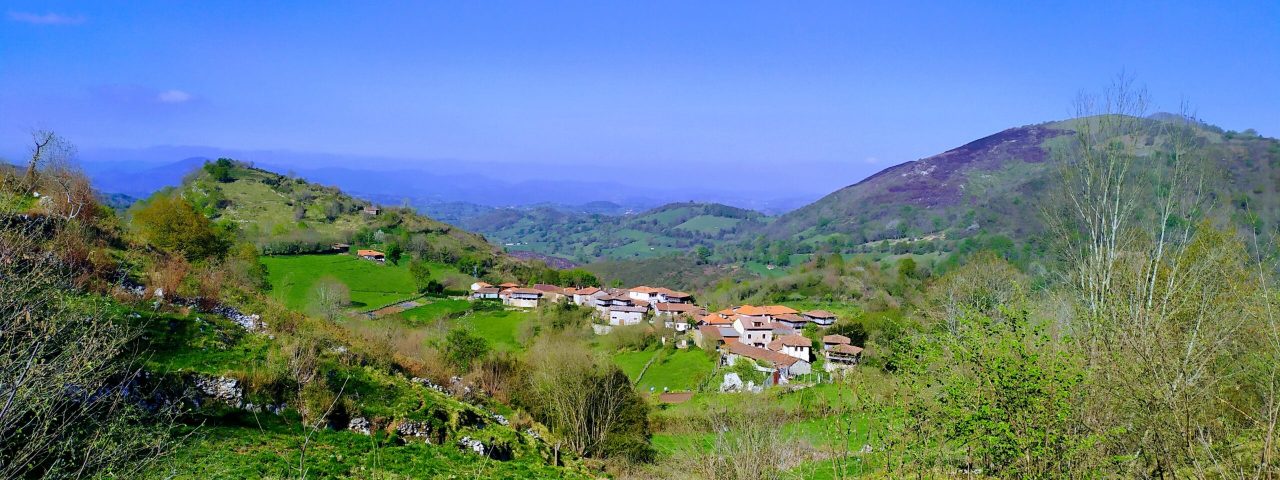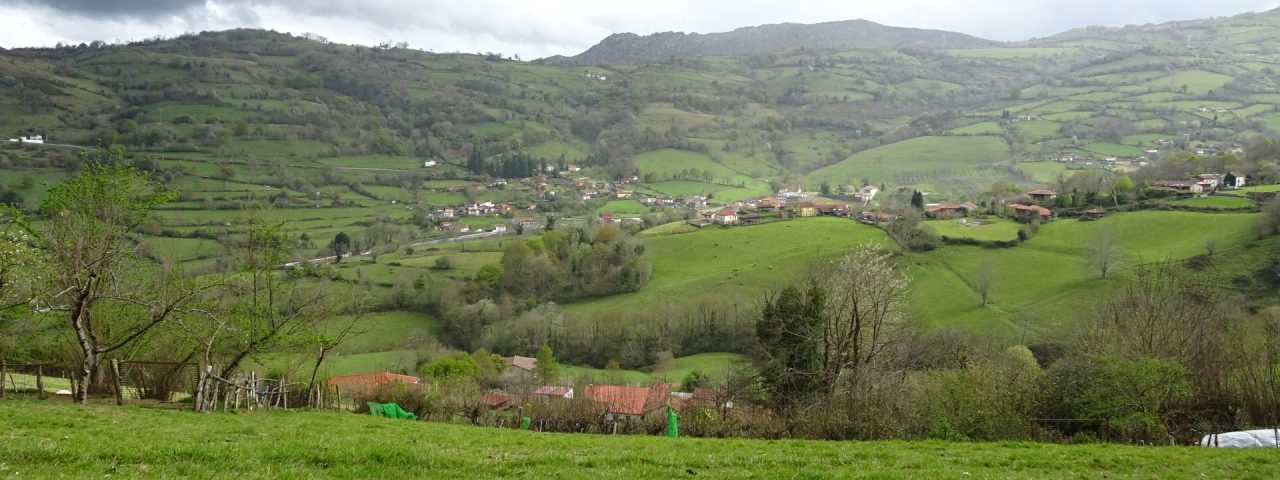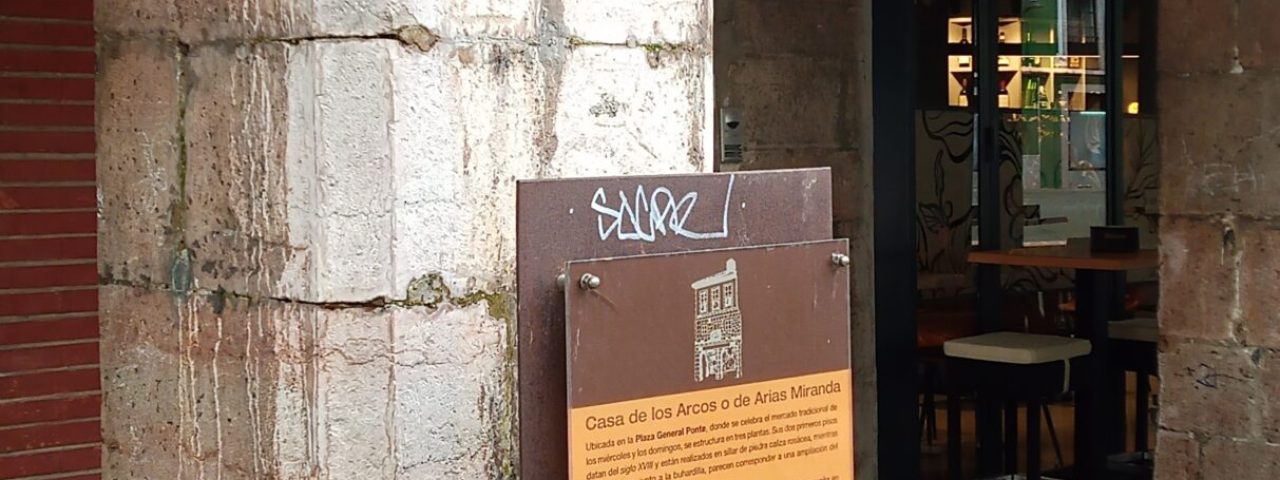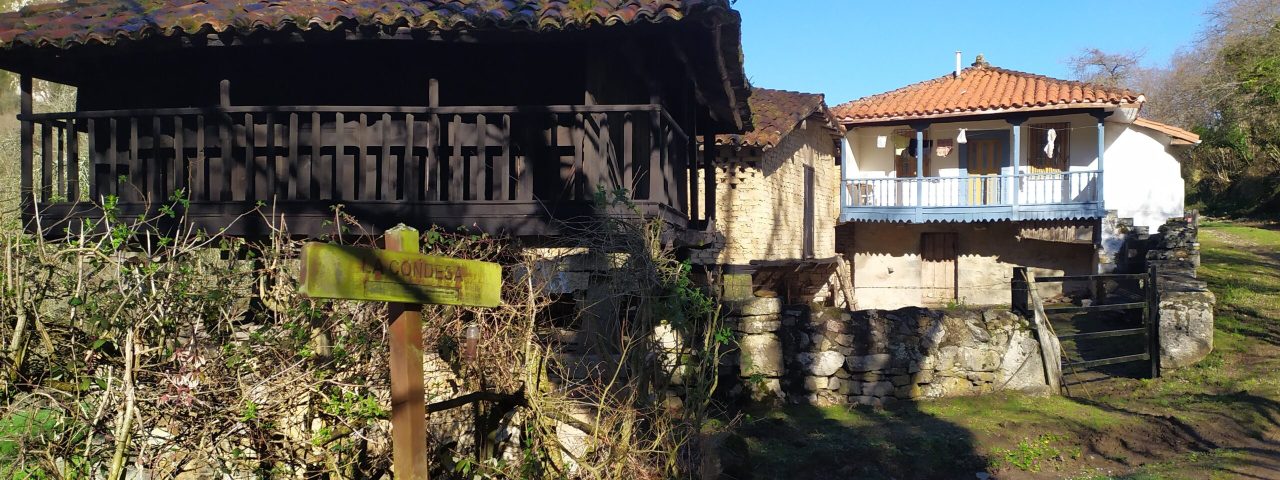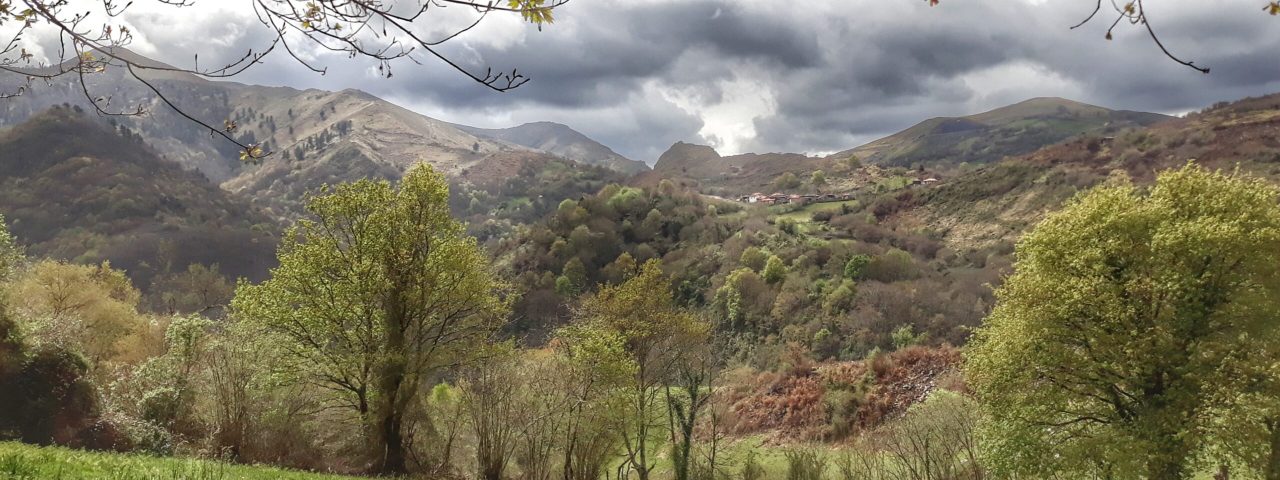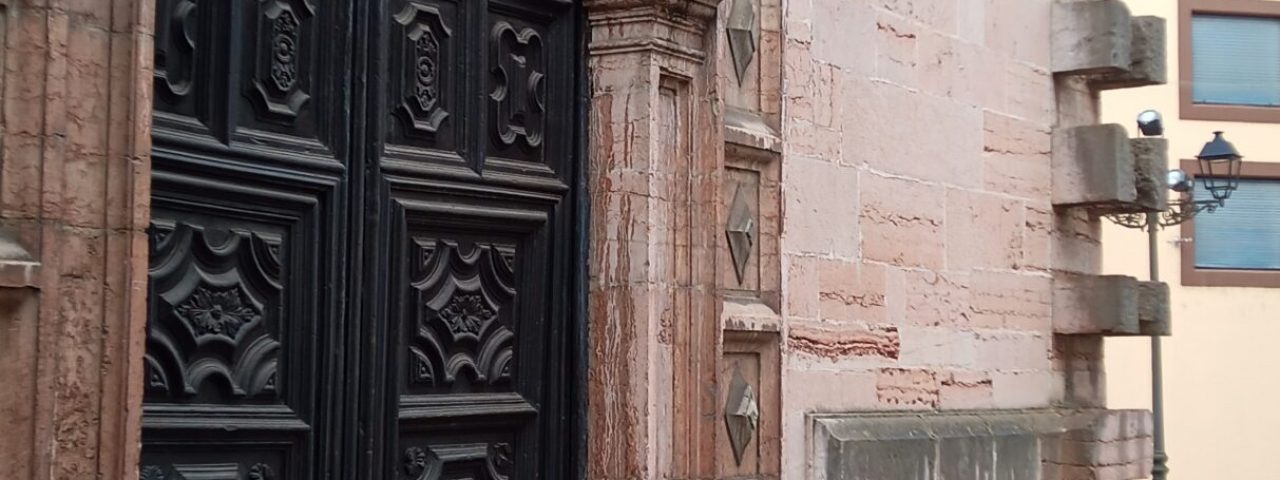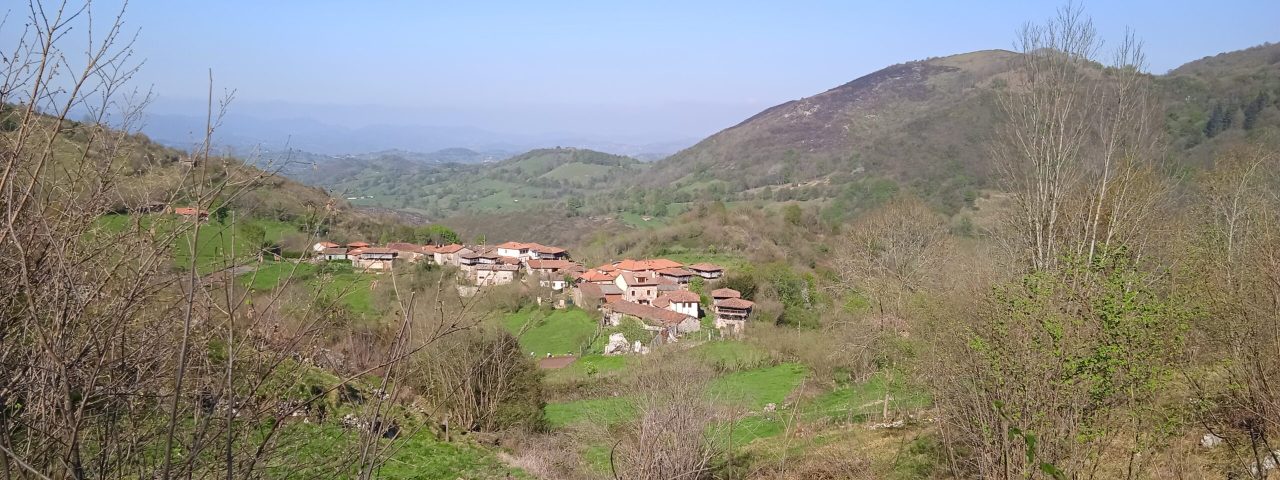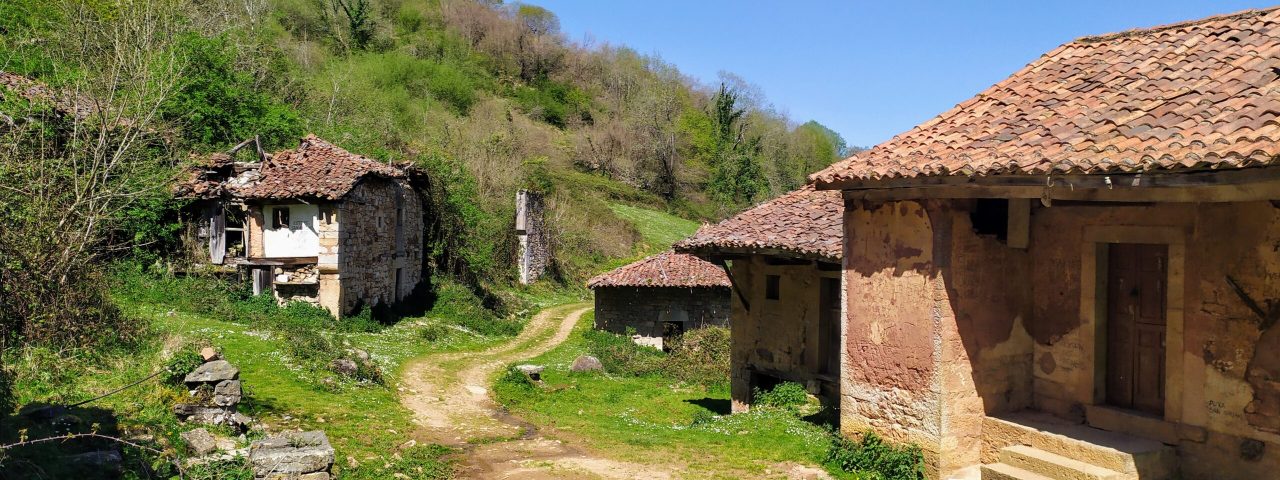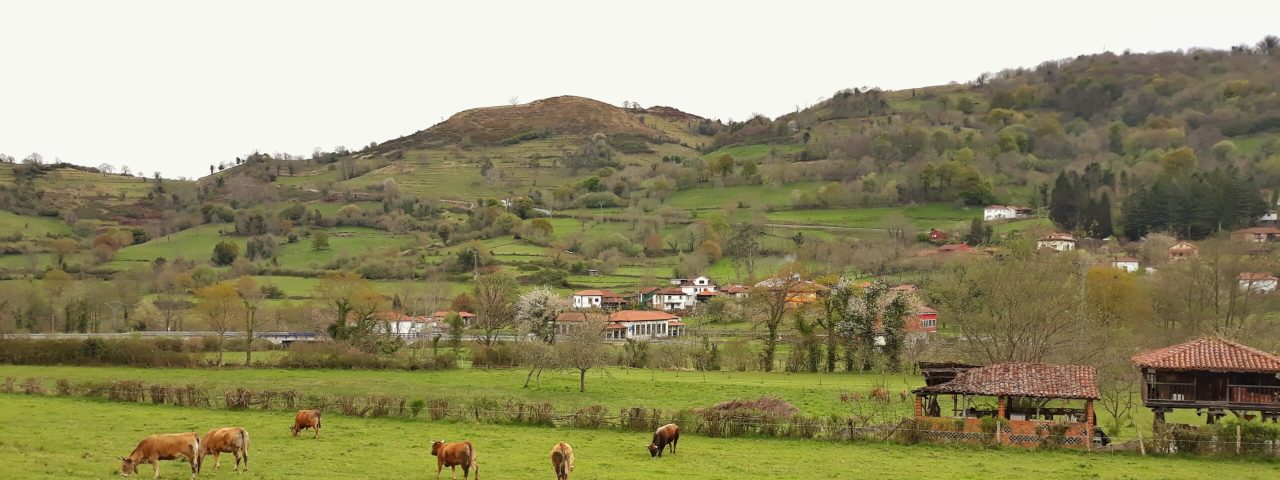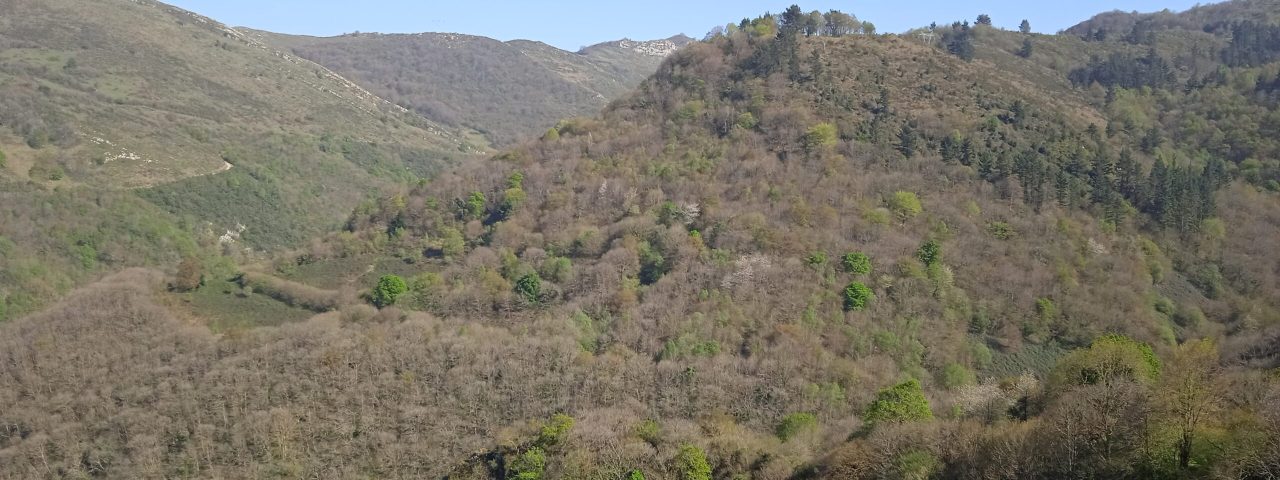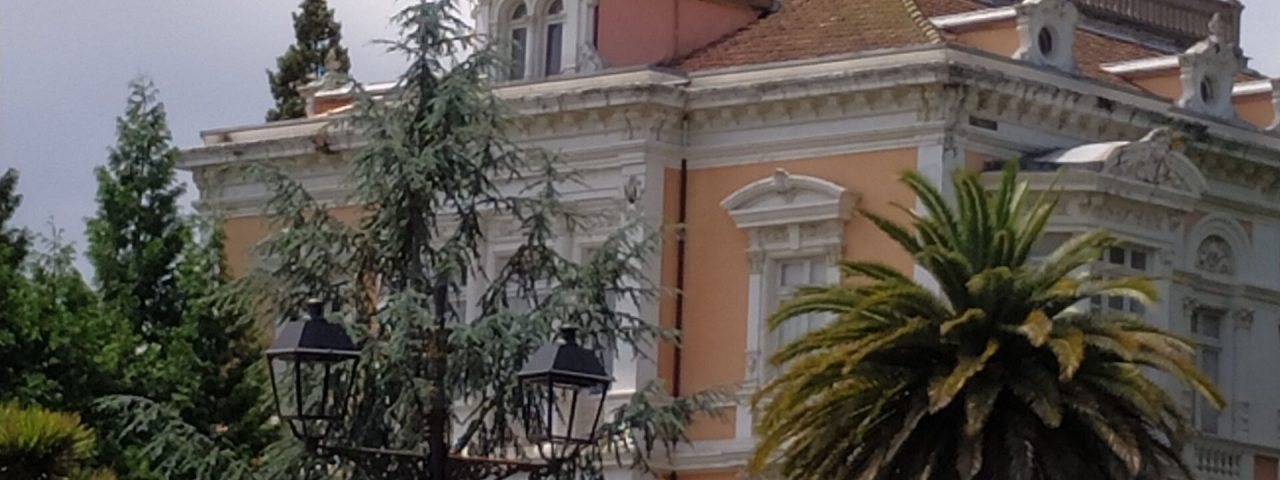Grado boasts a rich history dating back to Roman times, when it was an important settlement along the ancient roads that connected the interior of Asturias with the coast. The town played a significant role in the Middle Ages, serving as a hub for travelers and merchants. It was also a key player during the Reconquista, a period marked by Christian reconquest of territories from the Moors, and its history reflects a strong Christian influence that has shaped its religious and cultural traditions.
Culturally, Grado is famous for its festivals and traditions, many of which have been passed down through generations. One of the most important festivals is “Las Fiestas del Rosario,” which celebrates the town’s patron saint in early October, featuring processions, music, and traditional dances. Another key event is the “mercáu,” a weekly market held every Sunday that has become one of the largest and most vibrant in Asturias. The market is a great place to experience local life and culture, offering everything from food to crafts.
Local customs in Grado are deeply tied to the Asturian way of life, including strong ties to farming and agriculture. Visitors can also explore historical landmarks like the 16th-century Church of San Pedro and the medieval Palace of Miranda, which are testaments to the town’s long-standing cultural and religious significance.
